OVERVIEW
Unforeseen and terrible events can sometimes occur in life. Trauma is a natural emotional response to a deeply distressing event that overwhelms a person’s ability to cope.
Traumatic events are common in people’s lives. In a World Health Organization study of 21 countries, some people reported witnessing violence (21.8%) or experiencing interpersonal violence (18.8%), accidents (17.7%), exposure to war (16.2%) or trauma to a loved one (12.5%), with the actual numbers estimated to be much higher. Other stressful situations which appear less severe may also trigger traumatic reactions in some people.
People may be exposed to especially distressing situations during COVID-19 pandemic, which can be trauma inducing.
Immediately following a traumatic event, it is common to experience shock or denial. However, other responses may also emerge in the longer term. Everyone’s reaction to a potentially traumatic experience is different. An event may have little impact on one person but cause another person to have severe distress. Survivors of traumatic events can experience unpredictable emotions, flashbacks, strained relationships, as well as physical symptoms such as headaches or nausea years after those events occur.
A person’s mental and physical health, available support at the time of the event or past experiences and coping skills can influence how they respond to a traumatic event.
What are the symptoms of trauma?
Symptoms of trauma can affect our cognition, behaviours, emotions, and physical states.
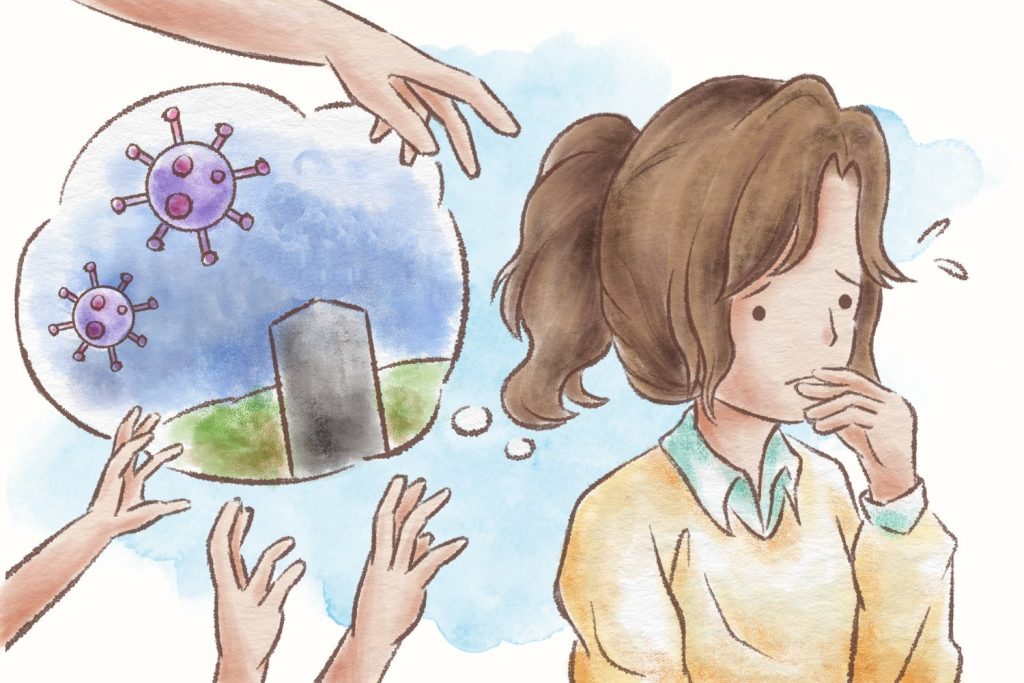
Cognition
Having intrusive thoughts and memories or visual images of the traumatic event, nightmares, poor concentration and memory, disorientation, and confusion.

Behaviours
Avoiding places or activities that remind the person of the traumatic event, withdrawing from social interaction and activities, isolation, losing interest in normal activities, having emotional outbursts and difficulties with interpersonal relationships.
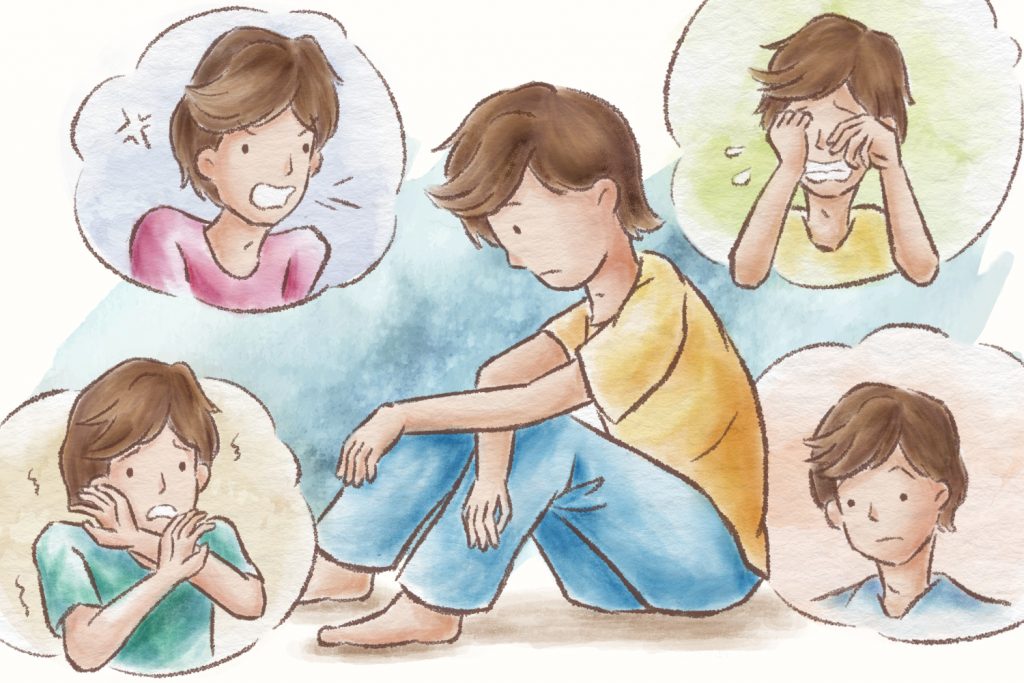
Emotions
Feelings of worry, fear, panic, sadness, numbness, detachment, guilt, shame, anger, and irritability.
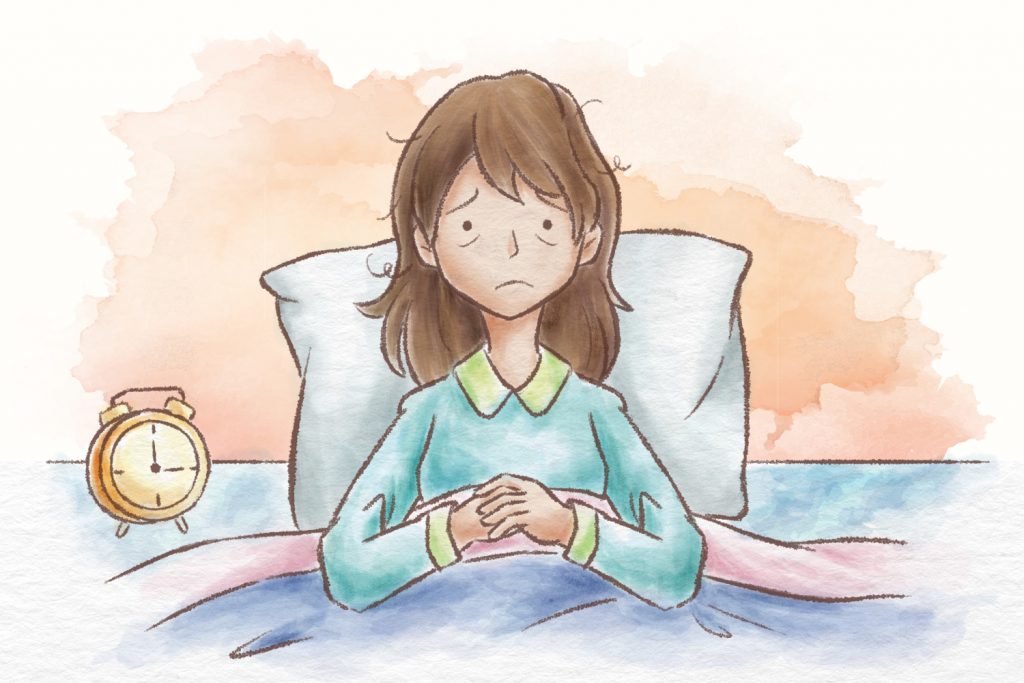
Physical Body
Being in a state of excessive alertness, being easily startled, physical exhaustion, altered sleep patterns or disturbed sleep, nausea, dizziness, changes in appetite, headaches, and general pains.
Experiencing the above symptoms can certainly be distressing and discomforting. However, such symptoms are also part of a natural process that helps our minds and bodies to heal from traumatic experiences. For most people, the symptoms of trauma tend to subside over several days or weeks. Individuals experiencing trauma can resolve their symptoms more quickly with the support and understanding from the people around them, such as their family, friends, and colleagues.
For some people, the symptoms of trauma may be more severe and persist over a longer period. This may be due to the specific nature of the traumatic event, an individual’s personality and available coping resources and supports, as well as other sources of stress in their life.
Some survivors of trauma will develop more serious conditions that can significantly disrupt their daily life and activities, such as depression, post-traumatic stress disorder, anxiety disorders, or alcohol and drug problems.
What are some events relating to the COVID-19 pandemic that may cause trauma?
The COVID-19 pandemic is an unprecedented health and social crisis that has certainly disrupted normal activities and affected most people in one way or another. Unfortunately, regardless of their age or social background, some people may be exposed to especially distressing situations during the pandemic, which can be trauma inducing.
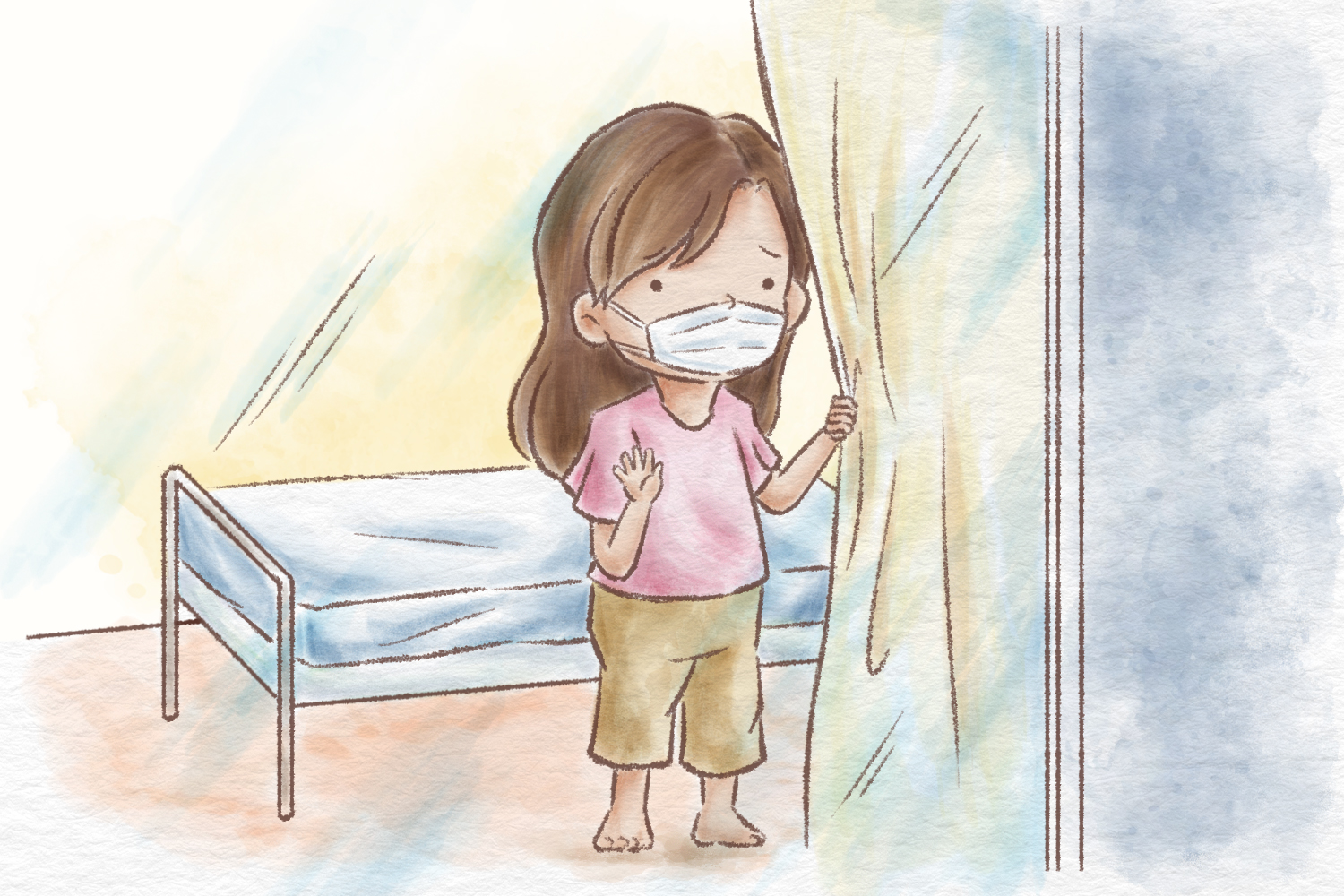
Infected with COVID-19
For children, being admitted into a medical facility for an examination or treatment during the COVID-19 pandemic can be a confusing and stressful experience, especially if they are not accompanied by or even separated from their primary care givers and family members.
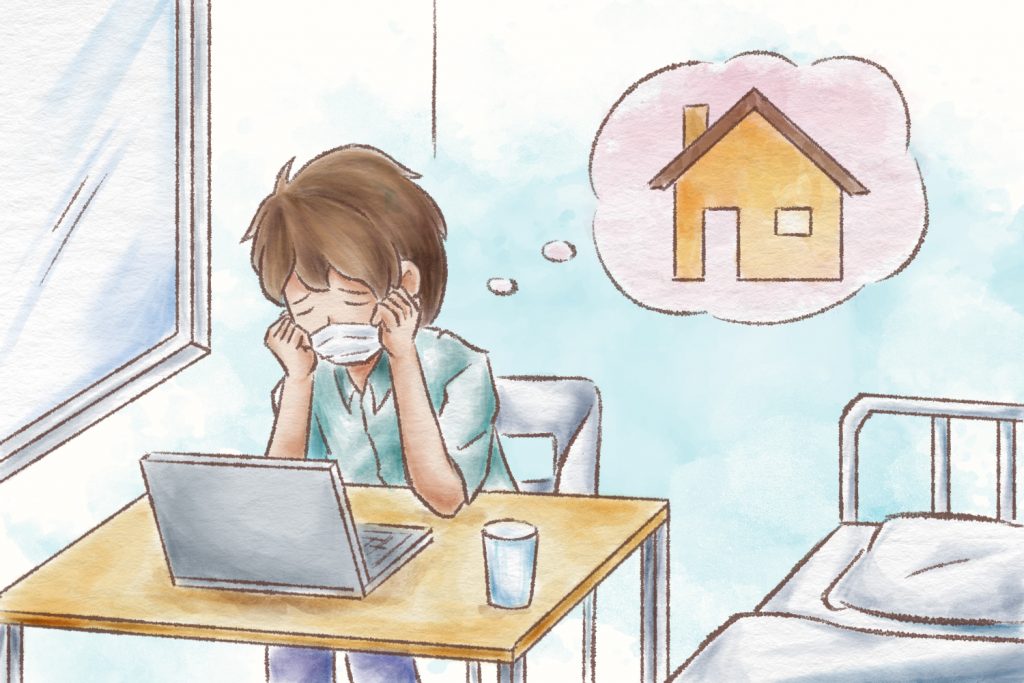
Undergoing quarantine
For some people having to undergo a compulsory quarantine—such as in a community isolation facility—can be a severe disruption to their normal life and relationships. Under such circumstances, feelings of helplessness and isolation from one’s life and family, in addition to worries about their health, can create a very stressful experience for a person, especially if the quarantine lasts for an extended period.
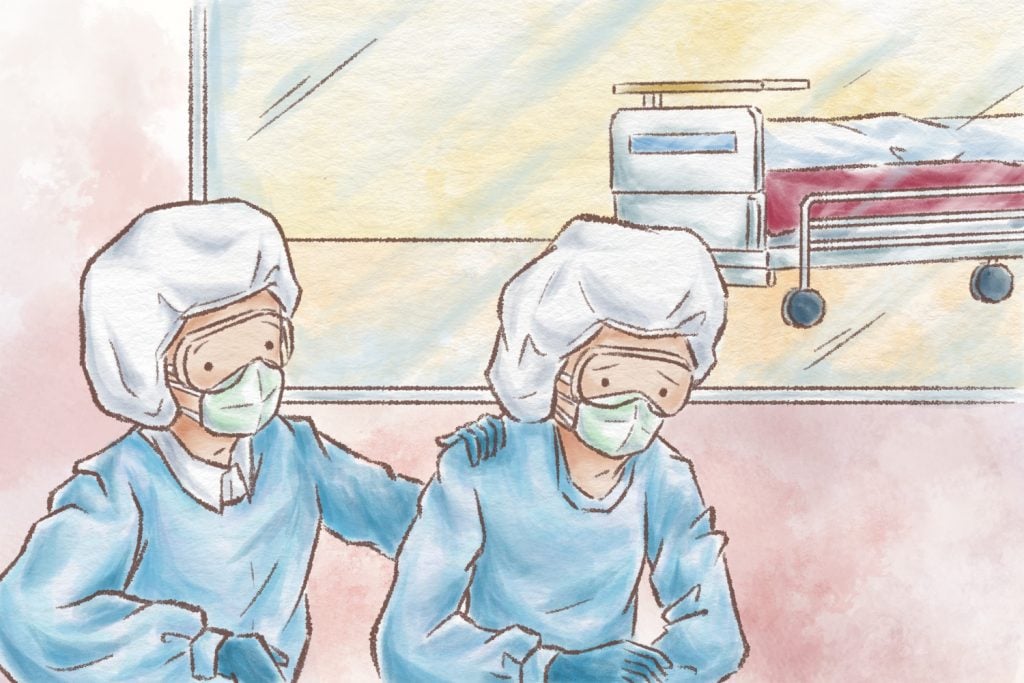
Working at the frontline
For people working at the frontline or in medical and care facilities, such as doctors, nurses, paramedics, and staff of homes for the elderly, regularly witnessing patients suffering or dying from COVID-19—as well as the intense emotional responses of patients’ family members—can lead to feelings of helplessness, stress, worry, and guilt.
How to cope with trauma?
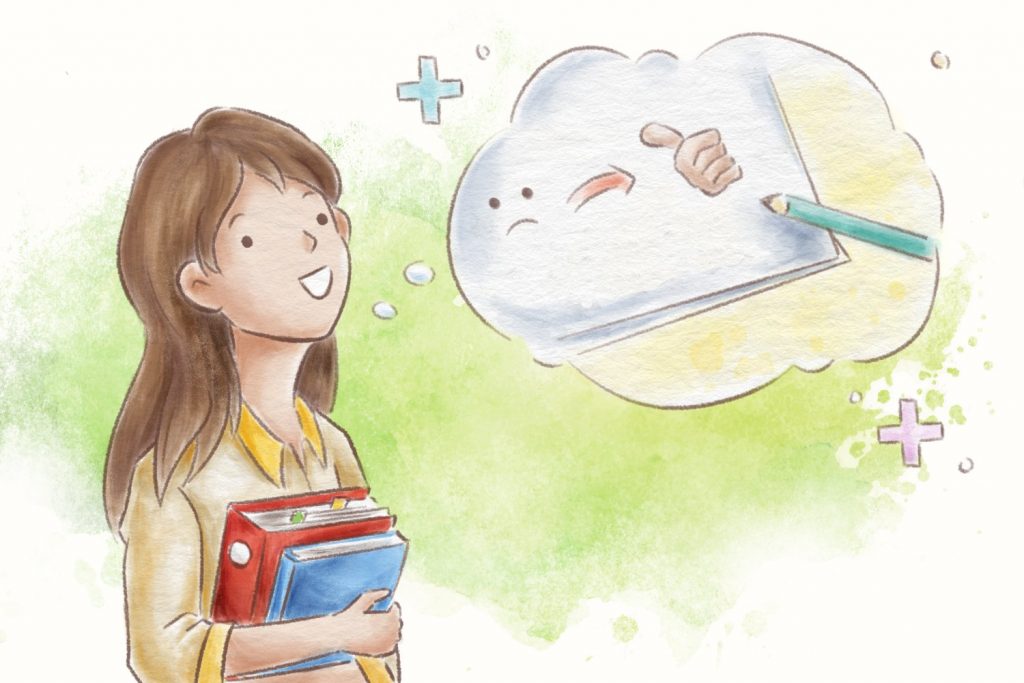
Don’t blame yourself
Recognise that what you have experienced is distressing and remind yourself that it is therefore normal to have a reaction to it. Although you may feel inclined to block out thoughts relating to the event, if you can, it is better to gradually confront these thoughts, as this will help you to make sense of and come to terms with the traumatic experience. Try not to get angry and frustrated with yourself or blame yourself for being affected by the situation and feeling upset.
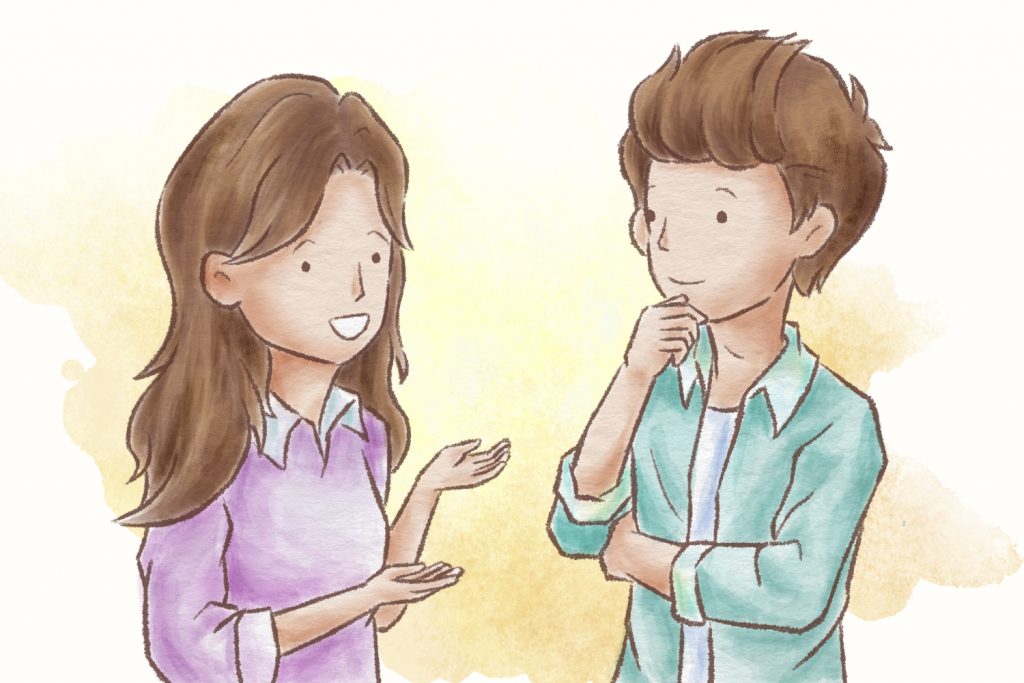
Express your feelings
Talk about the experience and how you are feeling to people whom you trust such as your family and close friends, instead of bottling up your feelings and attempting to move forward on your own. Try not to avoid activities or places for no reason, and talk to your family and friends about your needs. Help them to help you by letting them know when you are tired, need time out, or need a chance to talk or just be with someone.
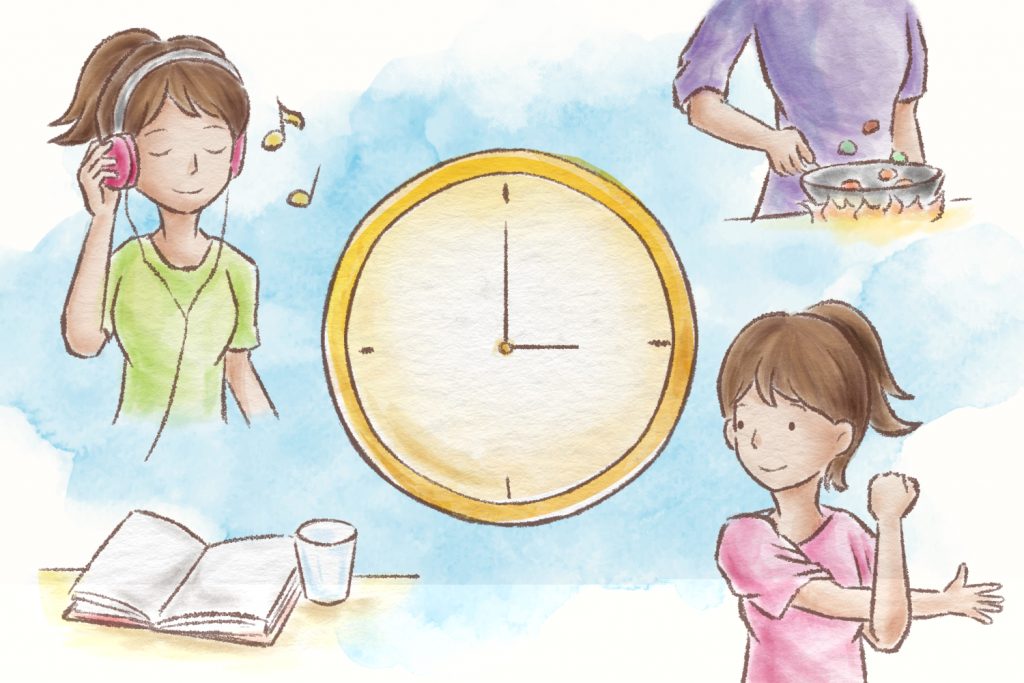
Maintain a regular schedule
Avoid making any major decisions or life changes at this point in time. As far as possible, try to maintain a normal routine for your daily activities. Exercising regularly can help, but also give yourself time to rest if you feel tired. Set aside regular times for positive activities that you find help you to relax and reduce stress. This can be anything from reading, listening to music and cooking, to exercising and spending time with friends and family. To relax, you may also try out mindfulness techniques such as breathing exercises and meditation.
If you or your loved ones are experiencing persistent trauma symptoms that are disruptive to daily life, it is crucial that you speak to a mental health professional.
Please try your best to do this—while it may be difficult, it can ultimately be a rewarding first step in your journey to recovery.
CARITAS FAMILY
CRISIS HOTLINE
18288
BAPTIST OI KWAN SOCIAL SERVICE 25354135
Emotional Support and Mental Health consultation hotline
YOUTH OUTREACH HOTLINE
90881023
For youth aged 24 or below
HONG KONG RED CROSS
"Shall We Talk"
(by Appointment Only)
Psychological Support Service

